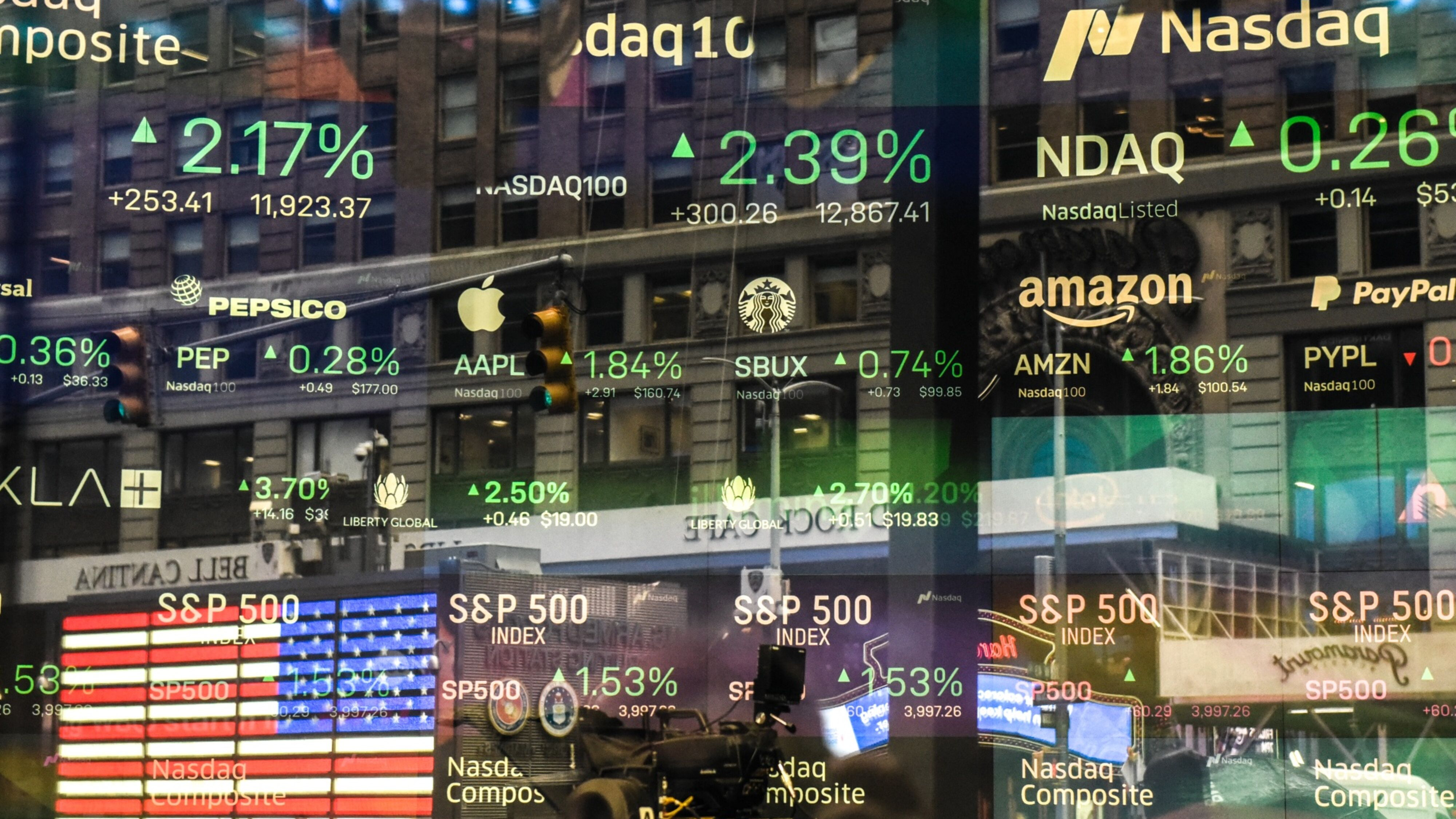
Ivaylo Chaushev
Heading into 2023, the global economic outlook was negative, with analysts predicting a sharp slowdown in Europe due to Russia's invasion of Ukraine and rising energy prices. There were fears of a recession in the U.S. and wider impacts from rising energy prices, soaring interest rates, and economic slowdowns.
Contrary to these expectations, the global economy showed resilience in 2023. Most developed countries avoided economic contraction, and developing countries escaped financial crises. This led to a more optimistic outlook for 2024, with expectations of a "soft landing" for the U.S. economy, Europe avoiding recession, and China's growth being revitalised.
However, concerns for 2024 remain. There's apprehension about weakening global growth, geopolitical tensions, and inadequate responses to long-term threats like climate change. Structural reforms are lacking in many regions, and the U.S. faces challenges with household savings and debt. The global economy is also grappling with high borrowing costs and market volatility. Geopolitical shifts and ongoing conflicts, such as the one in the Middle East, add to the instability. These factors, along with challenges in coordinating international responses to global issues, suggest that forecasts for 2024 should be approached with caution, as they might be overly optimistic.
Despite this, there are always going to be sectors and opportunities. The first one is AI, but most likely not in the way you think as 2024 will be the year in which AI starts to boost productivity in some sectors. The one which will benefit the most is biotechnology.
The integration of AI in the biotechnology sector is ushering in a new era in healthcare. AI's role in drug discovery is proving more and more valuable, significantly reducing the time and cost of bringing new drugs to market. Through advanced algorithms, AI aids this process by providing a more efficient way to analyse massive genetic and molecular datasets.
The benefits do not stop here as AI is able to simulate interactions between drugs and molecules, predicting safety and efficacy. This advancement also leads to reducing trial failures and accelerating the development of successful therapies. In clinical trial optimisation, AI's capability to analyse patient data for subgroup identification ensures more effective and personalised medicine. So, which companies are best positioned, you may ask yourself. The ones worth looking into are Recursion Pharmaceuticals, AbCellera Biologics Inc., BenevolentAI SA (BAI), BioXcel Therapeutics Inc. (BTAI), Schrödinger Inc. (SDGR), Biotech ETFs.
Biotechnology is just one of several sectors poised for growth; the defence industries in Europe and the United States are also expected to expand significantly. In Europe, the ongoing geopolitical tensions, especially the war in Ukraine, have led to increased defence spending, focusing on military modernisation and cyber capabilities. European defence companies are heavily investing in emerging technologies like artificial intelligence and unmanned systems to address asymmetric threats.
Similarly, the U.S. defence sector is adapting to global threats and a strategic pivot towards the Indo-Pacific region. This shift is likely to lead to increased defence spending, which will be complimented by Europe's reliance on U.S. technologies. The U.S. is concentrating on developing advanced technologies such as AI, hypersonic weapons, and directed energy systems. All of these make the defence sector one of the most attractive ones in 2024.
The next hidden gem in 2024 might prove to be the Indian stock market, which, seemingly under the radar, is on its way to become the fourth largest stock market in the world. This growth is driven by an expanding middle class with rising disposable incomes, boosting domestic consumption. India's varied export portfolio positions it well to capitalise on the expected global economic recovery which will eventually come. The government's emphasis on infrastructure development is poised to attract substantial investments, contributing to economic growth.
The Indian stock market reflects this positive economic outlook, with the Nifty index reaching record levels, indicating strong investor confidence in the country's growth trajectory. The active economic expansion is expected to result in strong corporate earnings, further propelling the stock market. Additionally, the environment of foreign capital inflows is likely to sustain market liquidity and growth.
Looking towards 2024, the year is expected to be shaped by a decline in interest rates as economic groth slows and inflation cools down, creating investment opportunities, especially in the bond market. This trend is driven by the expected monetary policies of major central banks like the European Central Bank (ECB) and the Federal Reserve (Fed).
With the ECB expected to cut rates by about 150 basis points, and the Fed by over 100 basis points, in efforts to stimulate economic stability and growth, being long duration becomes increasingly attractive. As interest rates drop, these bonds' value tends to increase, offering potential for capital gains alongside interest income with the easiest instruments for doing this are the TLT and IEF ETFs. Furthermore, in the current economic context, a strategy of selling EUR/USD might also bring returns.
Overall, 2024 might proove a difficult year to navigate, but it will be full of potential investment opportunities for those who know where to look for them.
This article is for information purposes only. It does not post a buy or sell recommendation for any of the financial instruments herein analysed.



